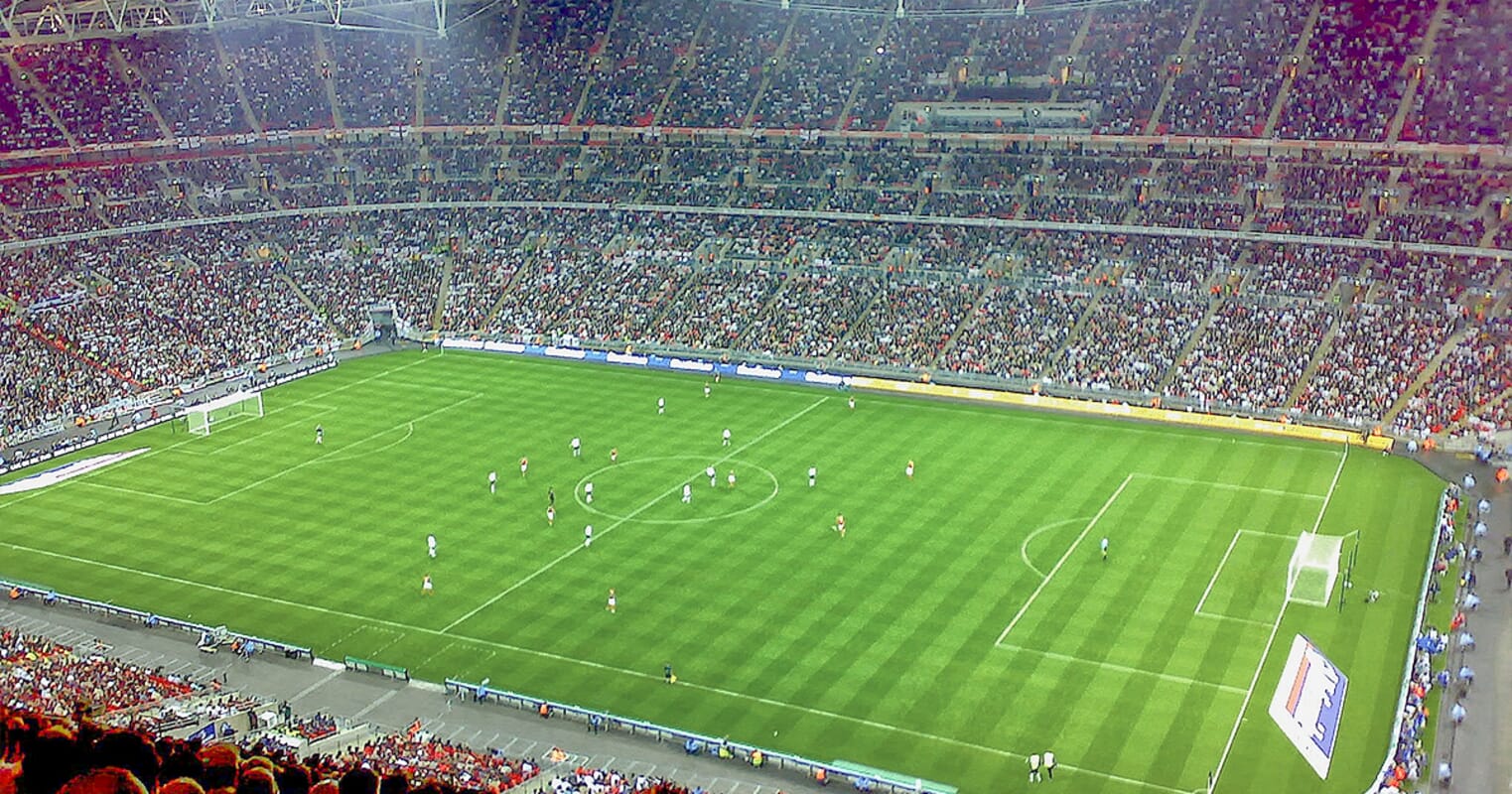Paul Pogba has been suspended from football for four years after a failed anti-doping test.
Juventus midfielder Pogba, 30, was initially handed a provisional suspension by NADO (the Italian Anti-Doping Organisation) in September after the failed test, which followed his side’s 3-0 win at Udinese on August 20.
FIFA’s guidelines for suspensions on players who violate its anti-doping regulations ranges between two and four years, depending on whether it can be proven that the rule violation was intentional.
Pogba’s suspension is subject to a possible appeal.
Pogba’s ban is subject to appeal (Gabriele Maltinti/Getty Images)
The France international was initially suspended in September after his test detected testosterone not produced by the body, according to NADO.
NADO said that testosterone not produced by the body was detected in the ‘A sample’ Pogba provided. Following Pogba’s provisional suspension, his ‘B sample’ was sent for further tests at the Acqua Acetosa clinic in Rome, which is where the failed test was confirmed.
Pogba was an unused substitute in the match against Udinese which preceded his failed test, but he did come off the bench in the club’s subsequent two Serie A matches — a 1-1 draw at home to Bologna and a two-goal victory at Empoli.
Pogba returned to Juventus in the summer of 2022 following six years at Manchester United, but fitness issues restricted him to just 10 appearances in the 2022-23 campaign.

GO DEEPER
Paul Pogba at Manchester United: No plan, no love and yet still feted by Europe’s top clubs
The most recent of the midfielder’s 91 caps for France came in March 2022, and his two substitute outings are his only two appearances of this season.
Pogba is under contract at Juventus through to the summer of 2026.
Juventus are currently second in Serie A, 12 points behind league leaders Inter, are next back in action with a league trip to Napoli on March 3.
What are anti-doping rules?
Anti-doping rules exist within football to ensure nobody gains an unfair competitive advantage and to protect a player’s health. The World Anti-Doping Agency sets out a code which most sporting organisations around the world follow.
FIFA’s website says “it is the player’s strict responsibility to make sure that their body does not come into contact with any prohibited substance or method” and that they should check every medication or treatment they receive.
The World Anti-Doping Agency (WADA) has a list, which it regularly updates, of prohibited substances and methods. Athletes are only allowed to use prohibited substances or methods if they have a legitimate medical reason and are granted a therapeutic use exemption (TUE).
For example, the British cyclist Sir Bradley Wiggins was granted a TUE ahead of the 2012 Tour de France which allowed him to take the corticosteroid Triamcinolone to treat asthma — Wiggins went on to win the event. Triamcinolone was added to WADA’s prohibited list in 2014 as it also has performance-enhancing properties, namely allowing athletes to reduce their weight without suffering a significant loss in power.

Wiggins was granted a TUE ahead of the 2012 Tour de France (Pascal Pavani/AFP via Getty Images)
How often are football players tested?
Due to the random nature of the tests, players might go through periods of their career where they are tested a lot or rarely.
During the men’s World Cup in Qatar last year, FIFA carried out 369 tests which produced 941 samples. According to official data from FIFA, every player was tested at least once in the year building up to the tournament.
Players from the eight teams which reached the quarter-finals (Morocco, England, France, Brazil, Argentina, Croatia, the Netherlands and Portugal) were tested on average 4.6 times from January 2022. Some members of those eight squads were tested up to 10 times.
What happens when a player tests positive?
If traces of a prohibited substance are found within a player’s body, they are provisionally suspended while further analysis takes place. Pogba’s ‘A’ sample flagged up traces of testosterone. The human body naturally produces testosterone but exogenous testosterone can be detected by measuring the ratio of testosterone (T) to epitestosterone (E) in an athlete’s urine.
When players provide a sample, it is split into two parts which are labelled A and B. If the A sample is positive for a banned substance, the B sample is checked as a precautionary measure, which is what happened in Pogba’s case. The player can request a B sample being tested within three days of a positive test. Once the request is made, the result of this test has to be delivered within seven days.

Eubank (left) and Benn’s fight was cancelled (Leigh Dawney/Getty Images)
Conor Benn’s boxing match against Chris Eubank Jnr in October 2022 was called off two days before it was due to take place. A substance called Clomifene was found in Benn’s body. Clomifene is on WADA’s banned list because it can help raise the levels of testosterone in an athlete’s body. The decision to cancel the fight was made before Benn’s B sample was analysed.
In February 2023, the World Boxing Council issued a statement which said Benn provided an adverse analytical finding due to a “highly-elevated consumption of eggs” and that it was “a reasonable explanation.” Benn was reinstated to the WBC rankings and in July the National Anti-Doping Panel lifted his suspension.
Have similar incidents happened before in football?
During his time at Ajax, traces of Furosemide were found in Manchester United goalkeeper Andre Onana’s system.
The substance was in a pack of tablets Onana’s wife was prescribed after giving birth and the goalkeeper accidentally took them. UEFA accepted Onana’s version of events but he was still given a 12-month ban, which was reduced to nine on appeal.
In July 2022, Atalanta defender Jose Palomino tested positive for clostebol metabolites. Palomino was unable to play for three months while he waited for an outcome but was absolved in September due to accidental contamination.
However, NADO is challenging the tribunal’s decision at CAS.

GO DEEPER
L’Affaire Pogba – and a year to forget
(Matthew Ashton – AMA/Getty Images)

Christine Lake is a sports fanatic who lives and breathes athletics. With an extensive background in sports journalism, he covers everything from major league championships to grassroots sports events. When she’s not on the field or at the stadium, you’ll find Christine coaching youth sports teams.







